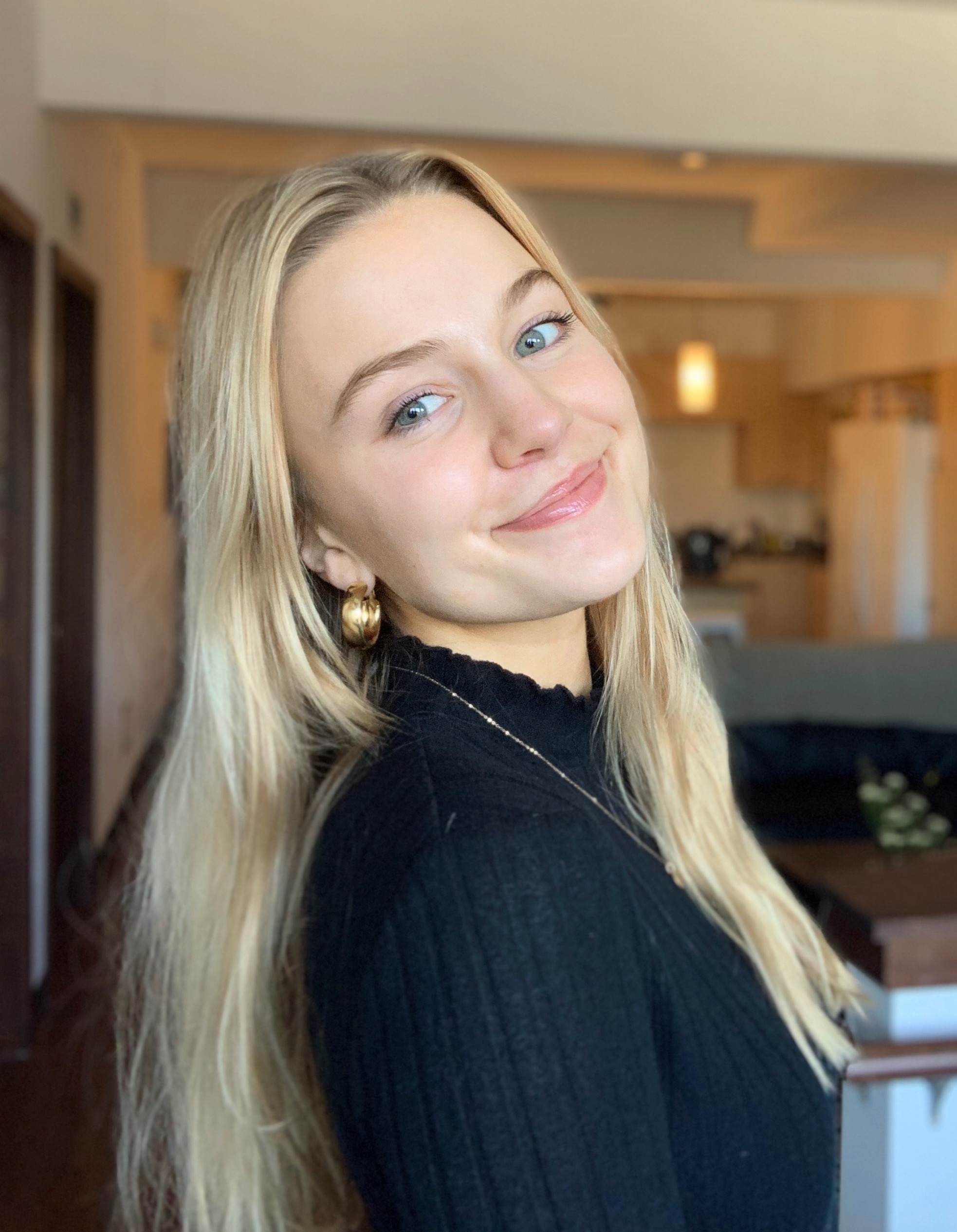Principal Investigator
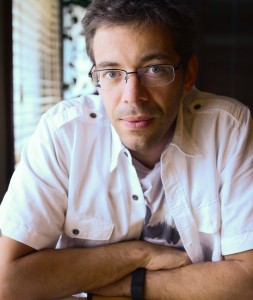
Gary Lupyan is a Professor of psychology at UW-Madison. He joined the department as assistant professor in 2010. At the core of his research program are questions like: What does language do for us? What would humans be like without language? Why are languages the way they are and what makes them change? Email Gary at lupyan@wisc.edu for questions/comments/interest in collaboration, and random trivia. He's @glupyan on Twitter.
See the Vitae for a full list of publications/presentations, and Gary’s Google Scholar Profile
When he’s not thinking about science (science!), he is flying, traveling (...well, used to pre-pandemic), and parenting two very energetic boys.
Lab Manager
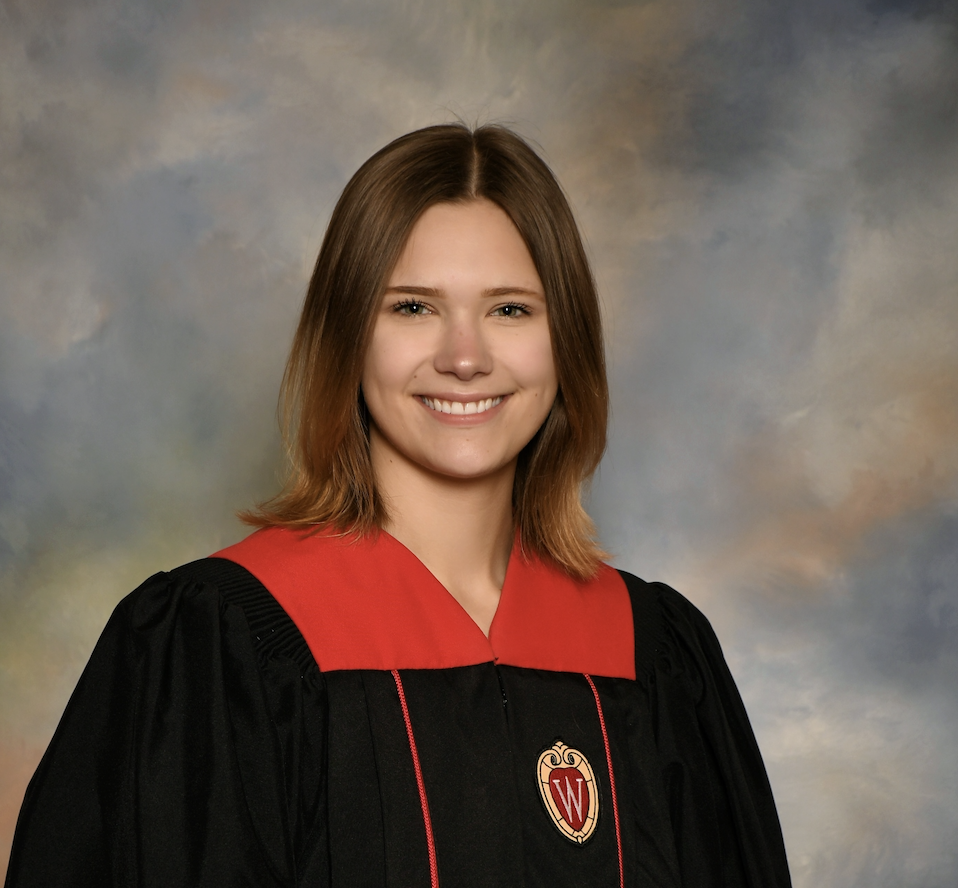
Magdalen (Maggie) Stone graduated from the University of Wisconsin-Madison with a degree in psychology. She is particularly interested in how language perception affects human interactions, how languages form, and the overall study of pragmatics in linguistics.
Outside of studying linguistics and the effect language has on human cognition, Maggie spends her free time learning guitar, reading books, and writing stories. Her favorite authors are Stephen King, Raymond Carver, and Ernest Hemingway – all of whom have shaped her interest in how language, stories, and even singular words can affect the mind.
Graduate Students

His interests include semantic and episodic memory, representations of knowledge and how language experience impacts word/concept learning and the structure of our knowledge. He's also interested in how our immediate context interacts with long-term experience while we learn new words or interpret speech and events. When he's not doing that, he likes working on (read: breaking) his old Triumph GT6, Dungeons and Dragons, and computery-stuff.
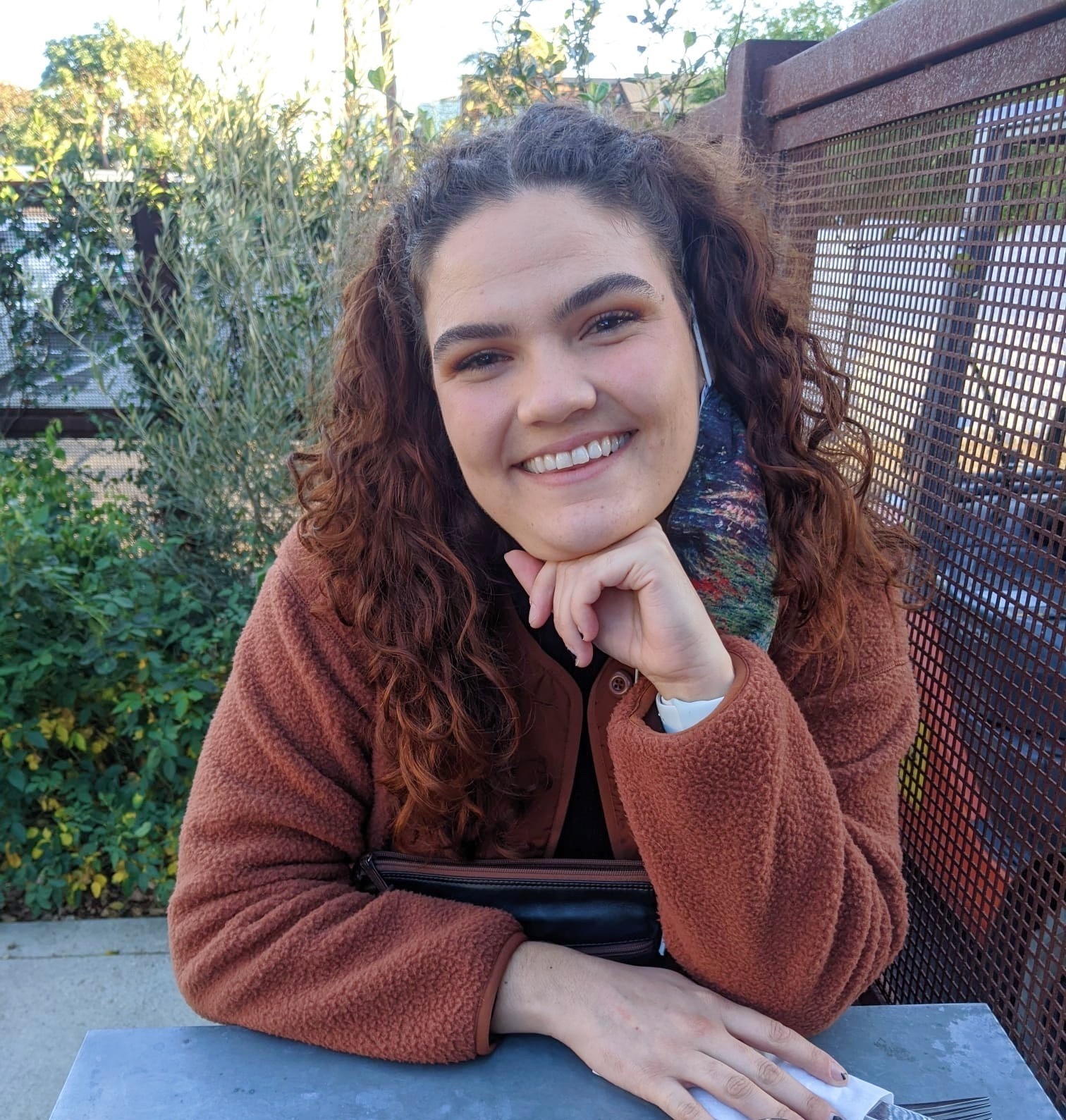
Her interests center around language and cognition and she hopes to explore individual differences in how cognition may be augmented by language.
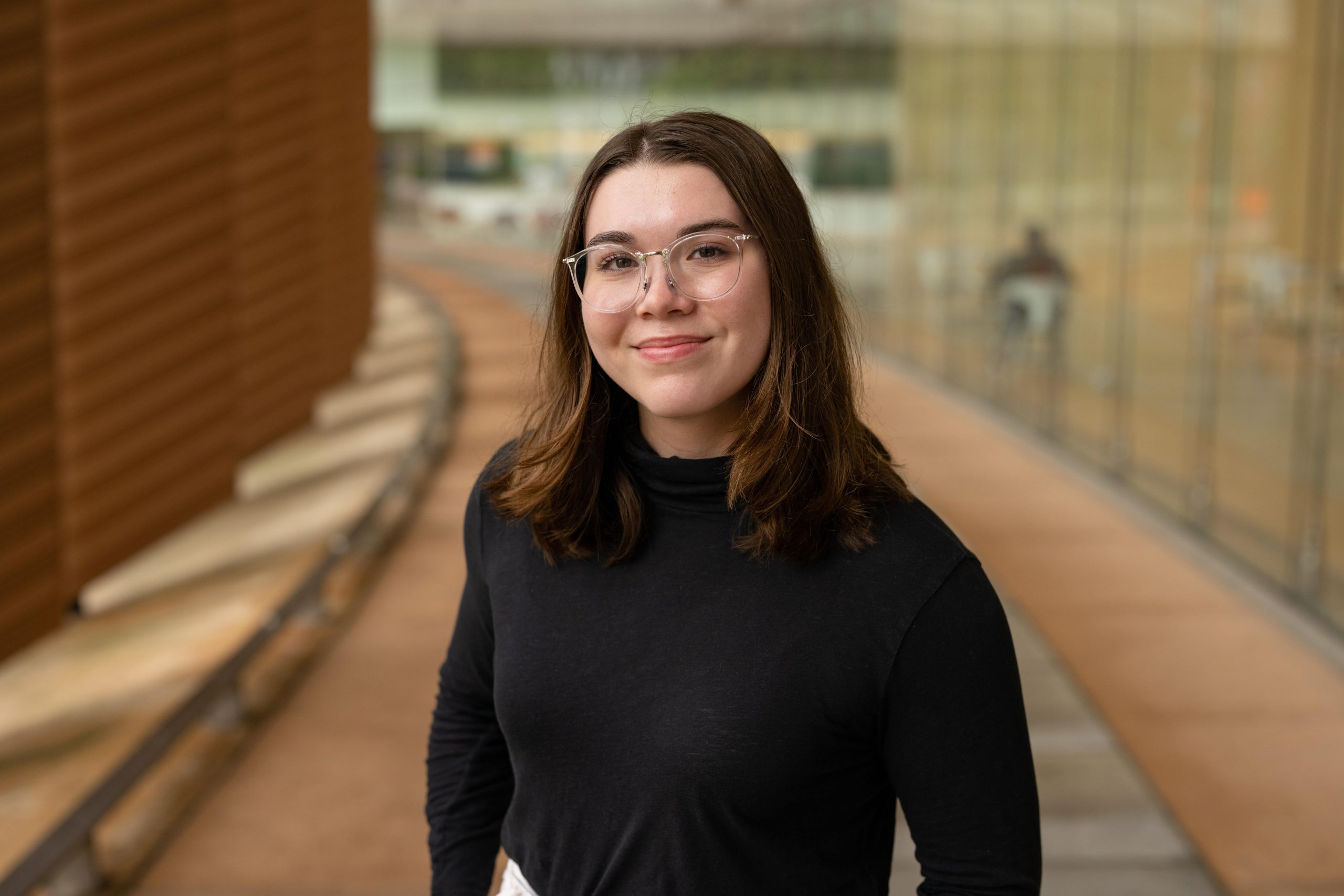
More specifically, she is drawn to synonymy – individual differences in the understanding of synonyms, the cognitive process that make synonymy possible and the mechanisms that drive synonyms apart. Before coming to Madison, Aja completed a B.A. in Linguistics and Cognitive Science at the University of Pennsylvania and a MSc in the Evolution of Language and Cognition at the University of Edinburgh.
Research Assistants
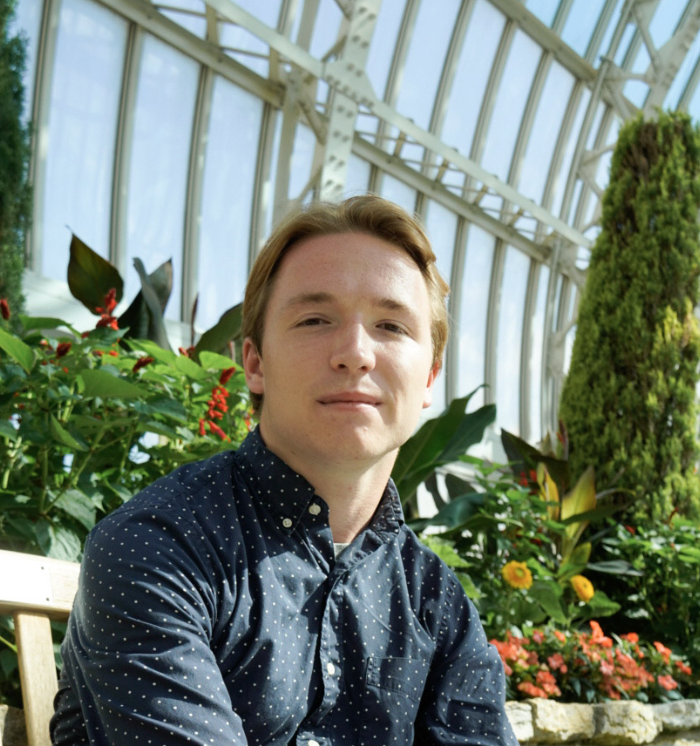
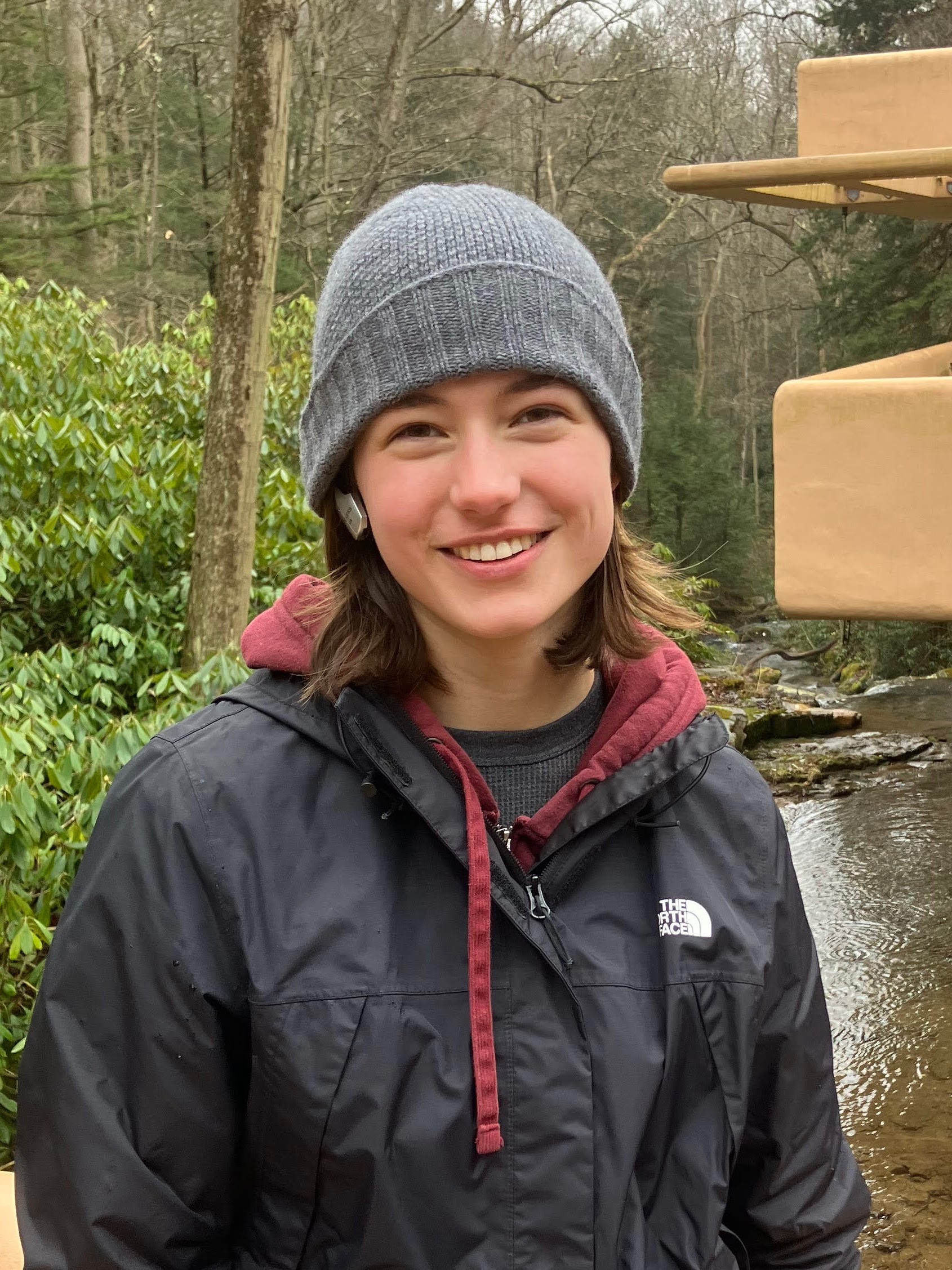
After college, she plans to go to graduate school for Cognitive Psychology and continue studying how language influences understanding of the world. In her free time, she enjoys cooking, painting, and producing student films
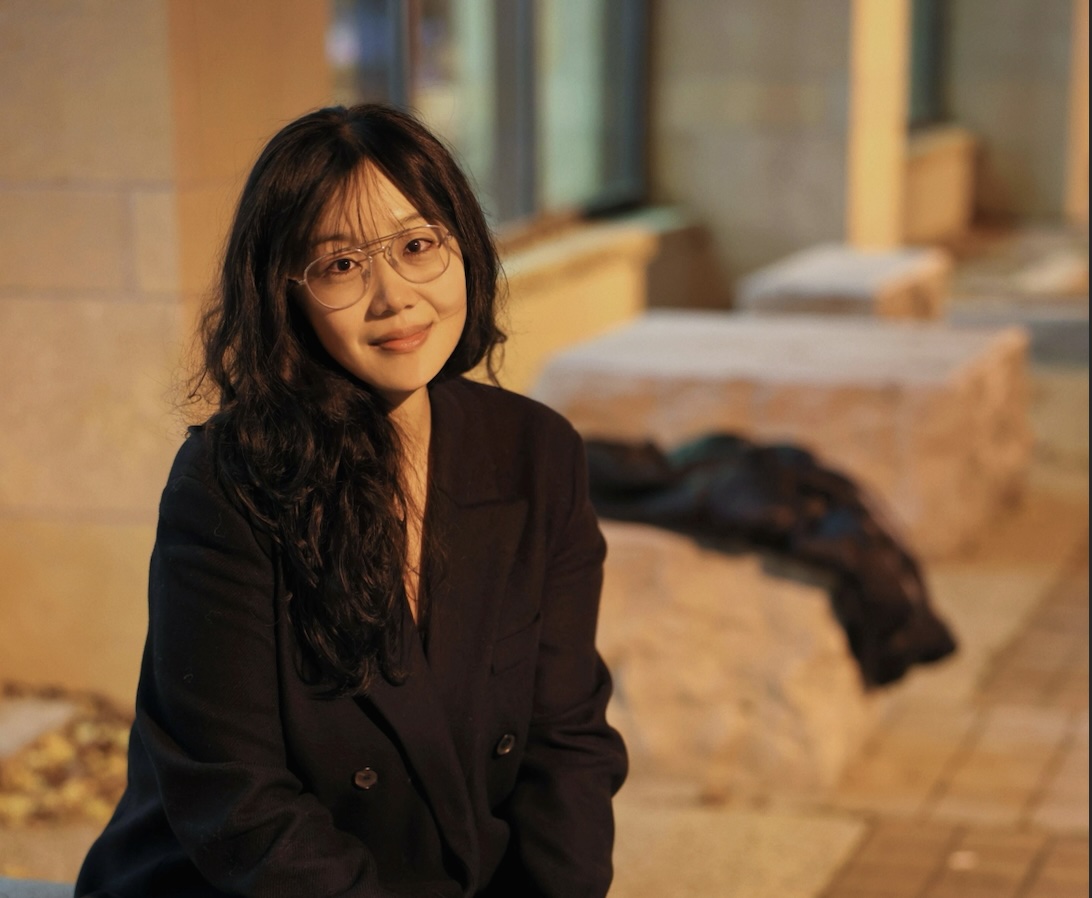
Former Post Docs
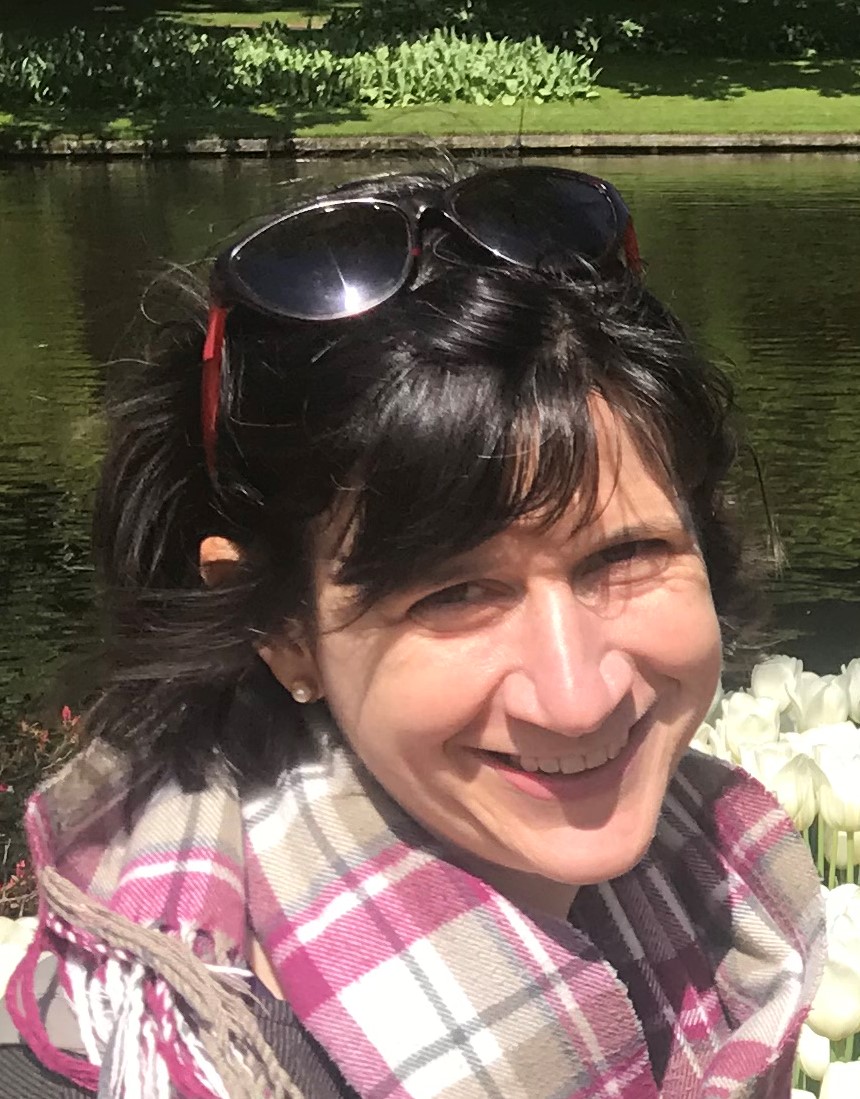
Lilia Rissman completed her PhD in Cognitive Science at Johns Hopkins University. She studies the mapping between semantic and conceptual knowledge, asking: what pressures lead languages to be similar to each other, and what pressures lead languages to differ? How do these pressures affect learning, and what is the structure of the linguistic knowledge children will ultimately acquire?
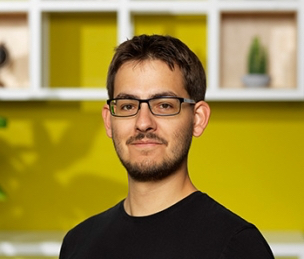
Jeroen van Paridon is a postdoctoral research associate in the Lupyan lab. Before coming to UW-Madison, he was at the Max Planck Institute for Psycholinguistics in the Netherlands. Jeroen is trying to better understand how we acquire and represent the meaning of words, and how these representations affect our perception and cognition.

Marcus Perlman came from hot UC Merced to cold UW Madison to work with Gary and study the creation and evolution of languages (e.g. through communication games in the lab).
His research interests generally fall at the intersections of language, gesture, evolution, and apes. Previously he was a postdoc and lecturer in the Cognitive and Information Sciences department at UC Merced, and before that, a postdoc at the Gorilla Foundation where he studied the gorilla Koko. When he’s doing other stuff, Marcus enjoys walking around, LeBron James and the Miami Heat, and mewing back at his noisy cat Penelope.

Lewis Forder moved to Madison from the University of Sussex in the UK to study the relationship between visual perception, language and categorization. He will be using EEG/ERPs to look at the time course of this relationship.
His PhD thesis focused on examining the time course of color processing in the human brain and how color language affects this color processing. In his last post doc position he investigated the neural mechanisms underpinning rational and irrational decision making in a gaming environment. When he’s not working, Lewis can generally be found rummaging through music stores and trying to learn the guitar (but rarely both at the same time).
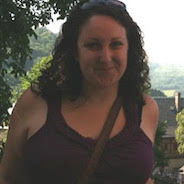
Lynn Perry is an Assistant Professor of Developmental Psychology at the University of Miami in Coral Gables, Florida. She is interested in children’s word learning, categorization, and the impact of language on cognition. Visit her site.

Bastien Boutonnet comes from Bangor in rainy (and windy) Wales, UK where he did his PhD under the supervision of Prof. Guillaume Thierry.
He worked as a postdoc in the Lupyan Lab studying the influence of language on categorical and perceptual processes by using neurophysiological measures like EEG in conjunction with brain stimulation TMS. The aim of the work carried out in this post-doc was to uncover a little bit more of the underlying dynamics of language-perception effects. When he’s not studying brains, Bastien likes to act, sing and dance and sometimes all three at the same time! Bastien also misses Yorkshire Tea in the US and will gladly accept donations of such British goods.

Justin Sulik moved to Madison from Edinburgh, where his PhD investigated cognition at the symbolic threshold, looking at the effects of relevance, context and novelty on how humans infer the meaning of various signals, and at how this ability compares with inference in animals.
Other areas of interest include the nature of hypothesis generation (i.e. abduction, as opposed to inductive hypothesis evaluation), insight problem solving, analogy, the evolution of rationality, and pragmatics. The central question of his postdoc project at UW-Madison is what makes some explanations more satisfying than others from a psychological (as opposed to a philosophical, normative) point of view. This research will also explore whether psychologically satisfying explanations are more stable or more likely to spread, and at individual differences in the kinds of explanations people are willing to accept. Outside of work, most of his time is spent reading about, thinking about, playing around with, and ultimately consuming food. He was very pleased to find that Wisconsin’s fried cheese curds turned out to be just as exciting as he was promised, and that UW produces its own ice cream.

Molly Lewis completed her PhD in Developmental Psychology at Stanford and her BA in Linguistics at Reed College. Her research focuses on understanding how linguistic meaning is acquired in cognitive development, changes over historical time, and varies cross-linguistically. She is also interested in issues related to scientific replicability and reproducibility.
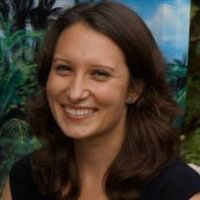
Hettie Roebuck completed her PhD in Psychology at the University of Lincoln (UK). Currently she is exploring the inter-relationship between language and cognition. Hettie’s interests stem from a background in auditory and visual executive function in typical and atypical development.
Her primary research has investigated the role and source of listening effort on different aspects of cognition. Her PhD explored how the demand of effortful listening associated with mild hearing loss affected different aspects of cognition, e,g, sustained attention, inhibition and working memory. She was then keen to apply her knowledge and experience in listening effort and cognition to investigate how other processing difficulties may be inducing similar demands in neurodeveopmental disorders (i.e., Specific Language Impairment, Central Auditory Processing Disorder and Autism Spectrum Disorders). Currently she is exploring how we identify and represent what we see and hear, and how our language abilities and strategies for forming representations are related to our cognitive performance. Out of the lab, she enjoys exploring the outdoors, painting, baking and going to the gym to offset the effects.

Christina Schonberg earned a B.A. in Psychology from Northwestern University and a Ph.D. in Developmental Psychology from UCLA. Their research interests include language and cognitive development in infants and toddlers who are raised in different types of language environments (e.g., monolingual vs. bilingual).
Previously, Christina has studied the effects of language background in domains such as cognitive flexibility, visual attention, and word learning. Here at UW, Christina continues to investigate the interaction between early word learning and conceptual development through a joint project between the Lupyan Lab and the Learning, Cognition, and Development Lab (UW-Madison Department of Educational Psychology).
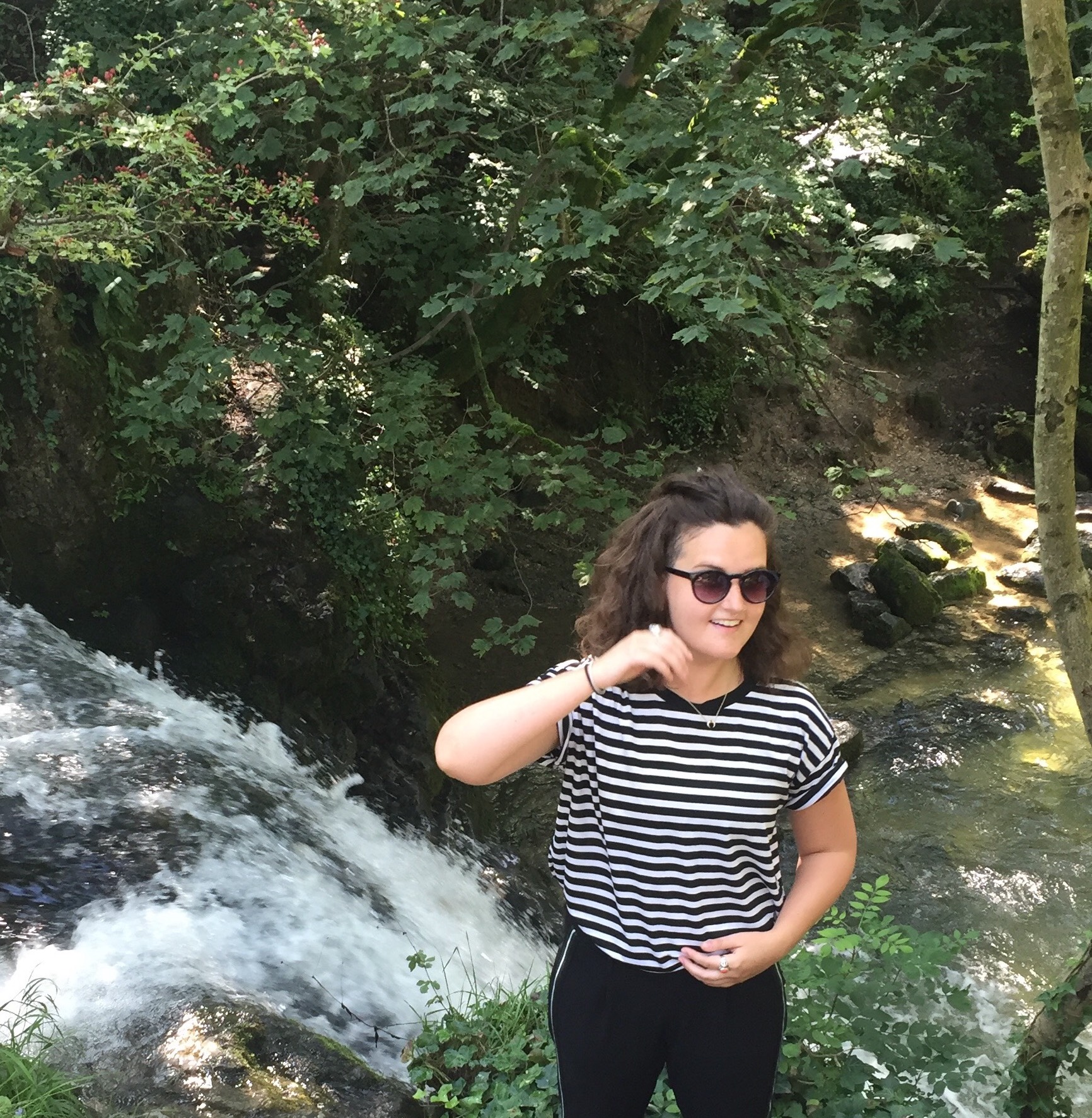
Ellise Suffill is a Postdoctoral Research Associate in the LCD Lab and Lupyan Lab. She moved to UW-Madison after completing her PhD at the University of Edinburgh. Ellise is interested in how children learn concepts and how language helps children categorize objects in the world. She is also interested in how (or whether) people come to have the same concepts and categories as each other and how labels influence this process.
Former Graduate Students


Ashley Wendorf

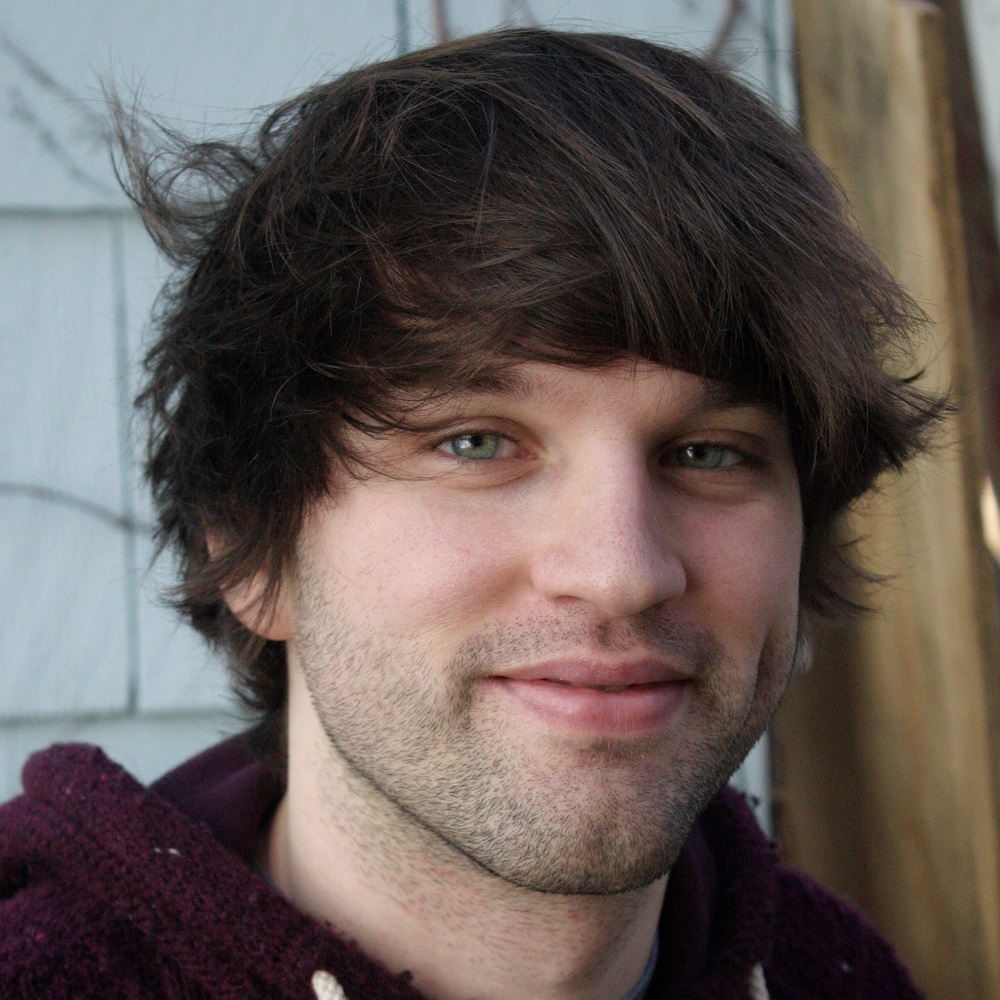
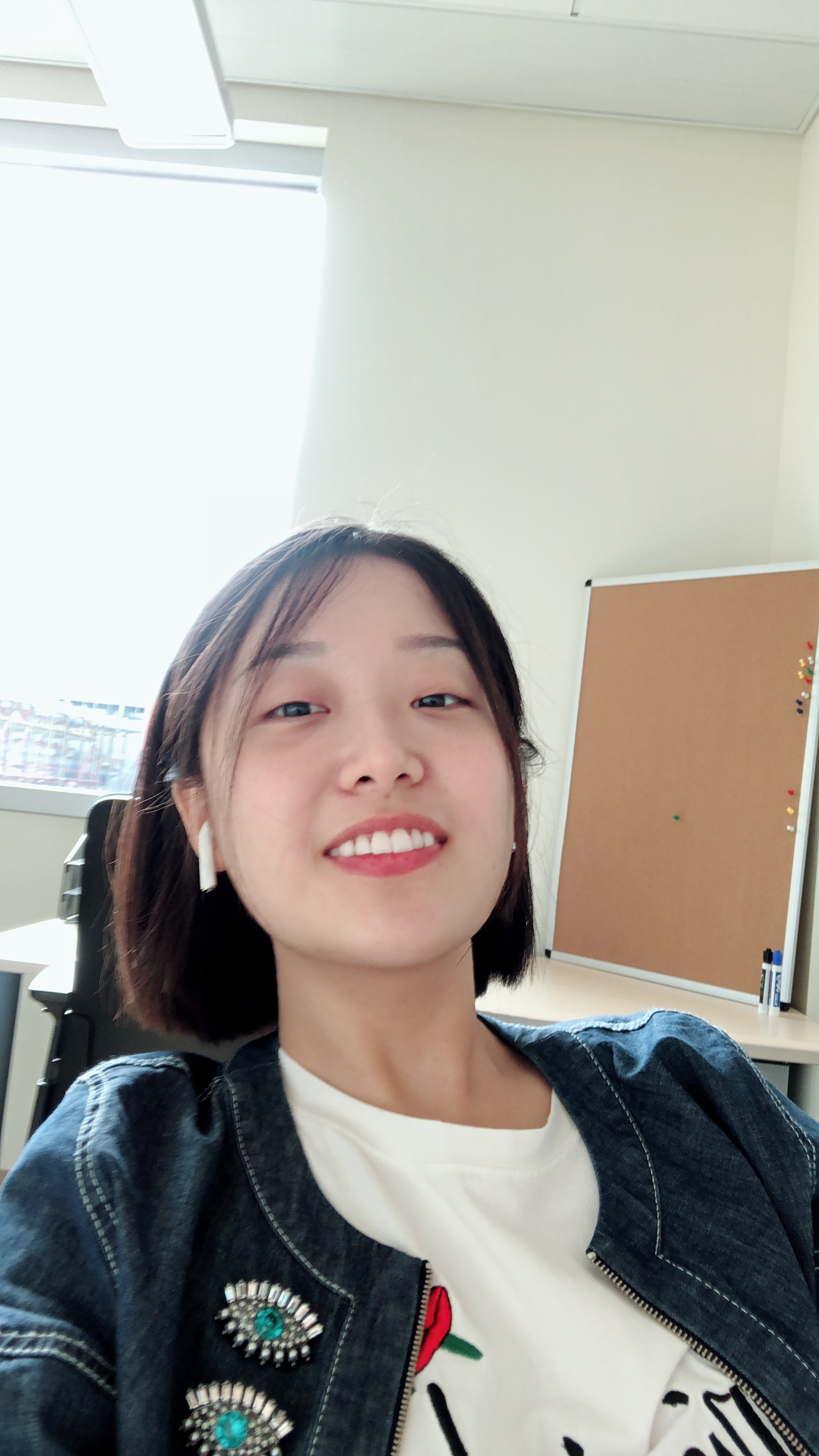
Pierce Edmiston was my very first grad student. He defended his thesis in 2018 and is currently working as a data scientist.
Martin Zettersten is currently an assistant professor at the Department of Cognitive Science at UC San Diego.
Yuguang (Aria) Duan defended her thesis in 2024 and is currently working at Meta.
Former Research Assistants

Alex Melman

Kevin Fischer


Vanessa Chavez

Annie Gense

Hannah Sugrue
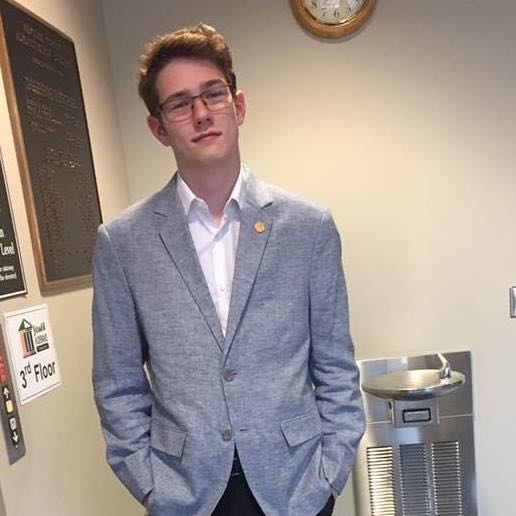

Alex Pletsch

Elizabeth Garfinkel

Sam Ramakrishnan

Sydny Fink

Katrina Officer
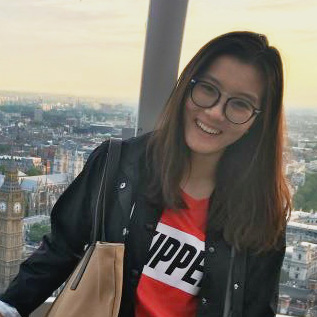
Yacong Wu
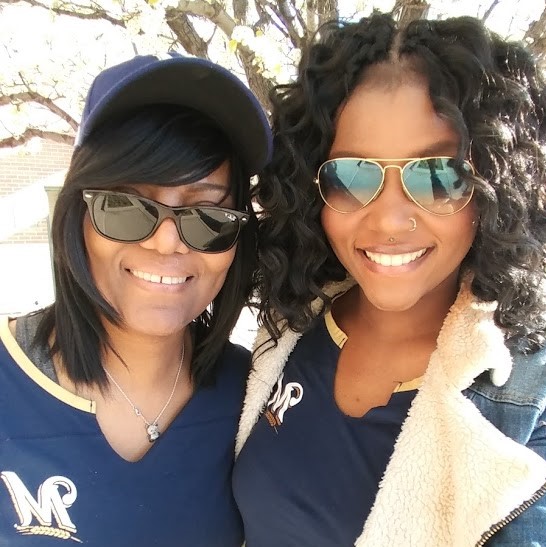
Ashanti Rogers

Cher Yang

Garret Hinz
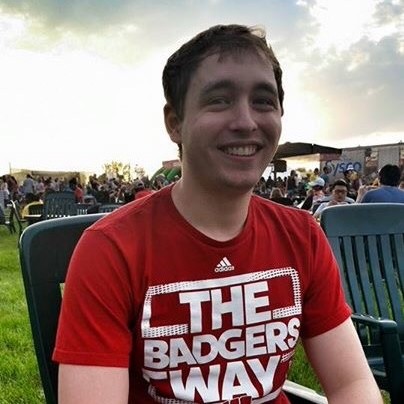
Jesse Reid

Hailey Schiedermayer

Maggie Parker
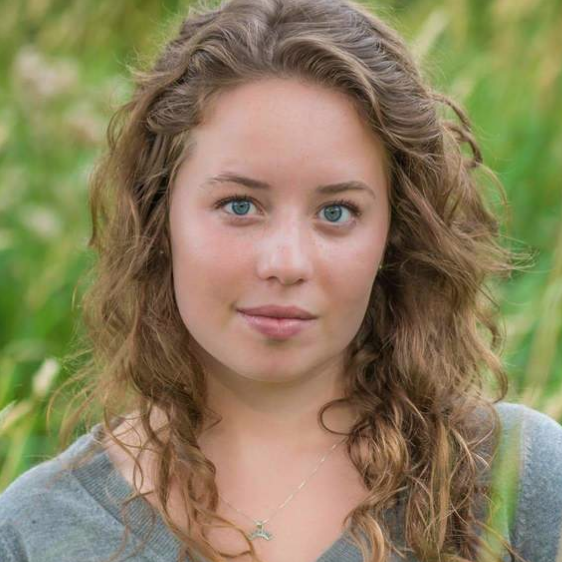
Zoe Hansen

Daniel Zych

Nita Sharma
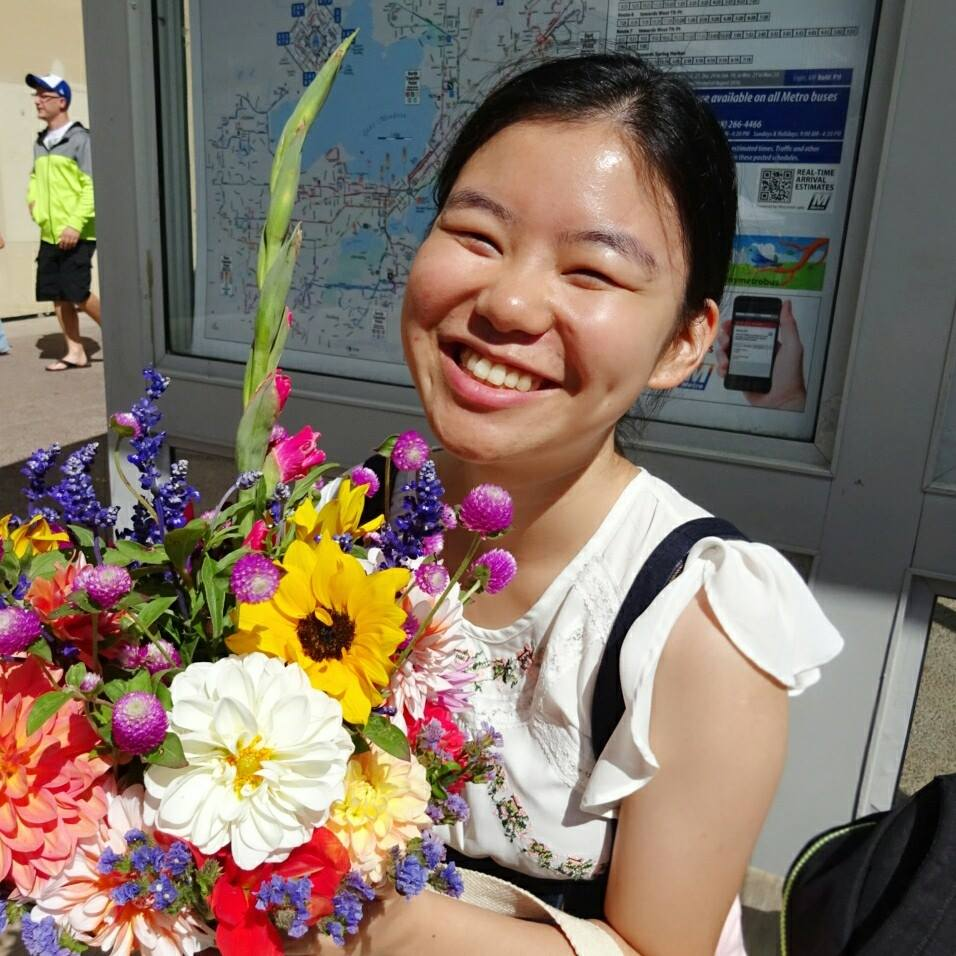
Xiuneng Li
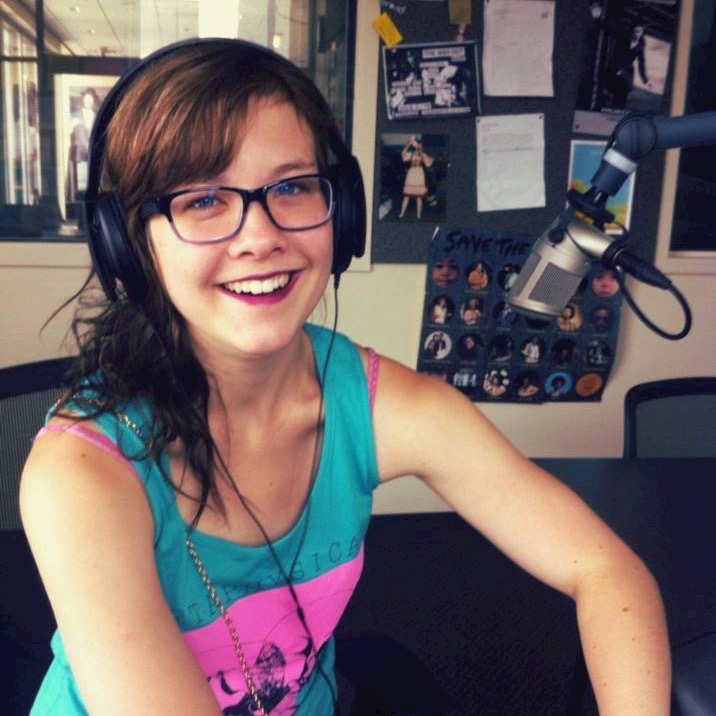
Sarah Kraemer

Sam Brown

Amanda Hammond (left)

Samantha Anderson
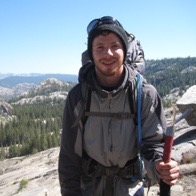
Jesse Sherman
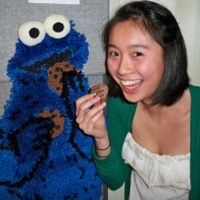
Ariel La

Chris Kozak

Shirley Hu

Sarah Nelson

Austin Countryman

Kim Knisely

Martin Potter

Oliver Roe
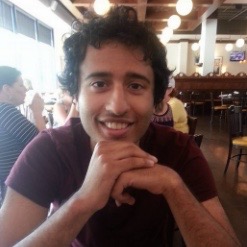
Ishaan Guptasarma

Will Reinhardt
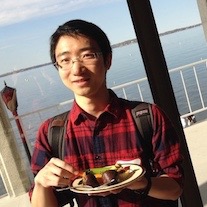
Qihong Lu

Heather Wolf
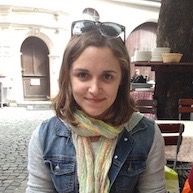
Anna Ofstead
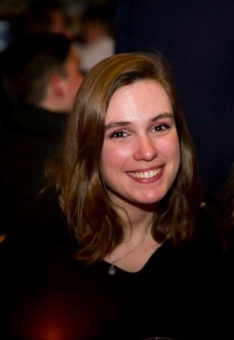
Kyara Rozman

Henry Barford
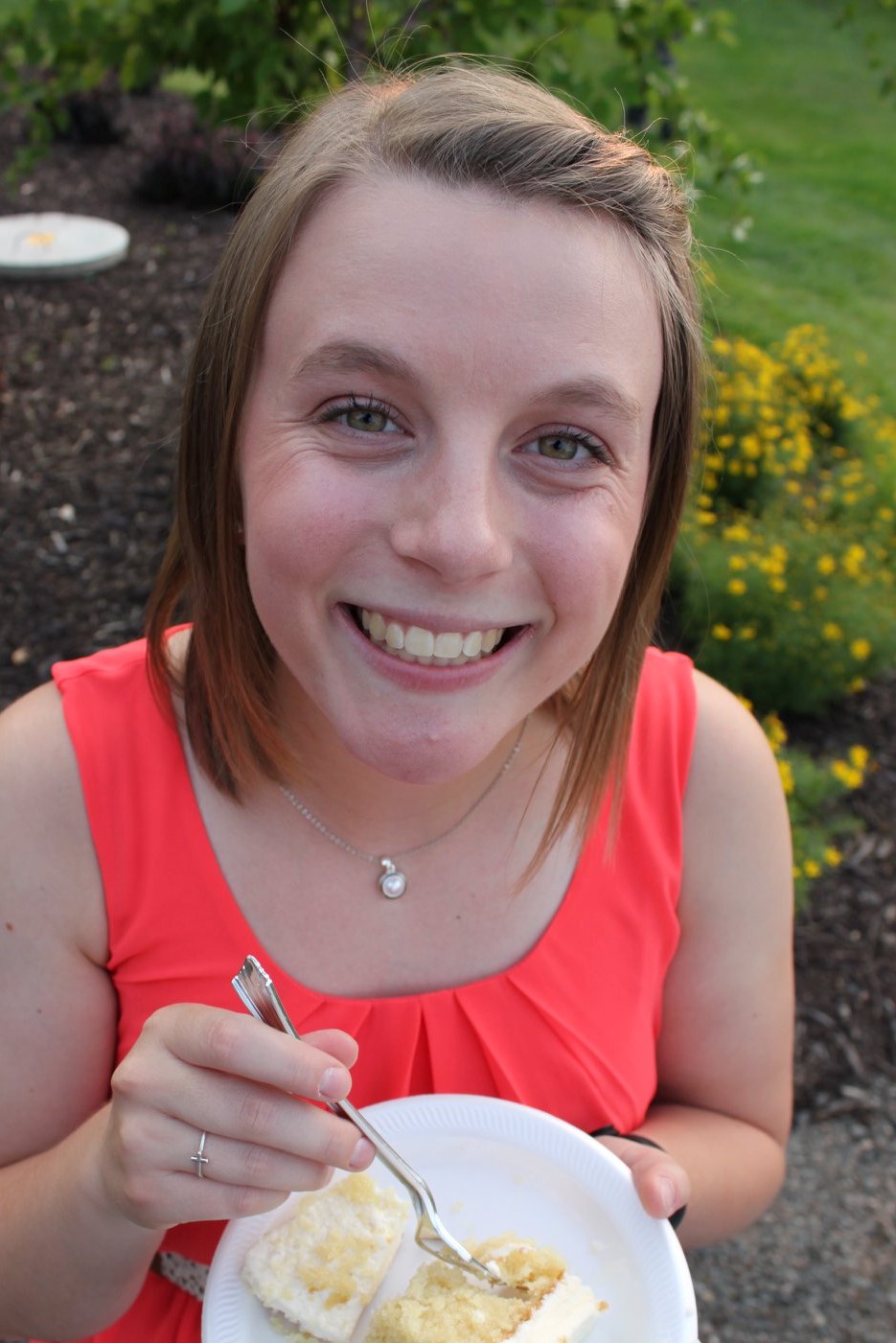
Kayla Walton
